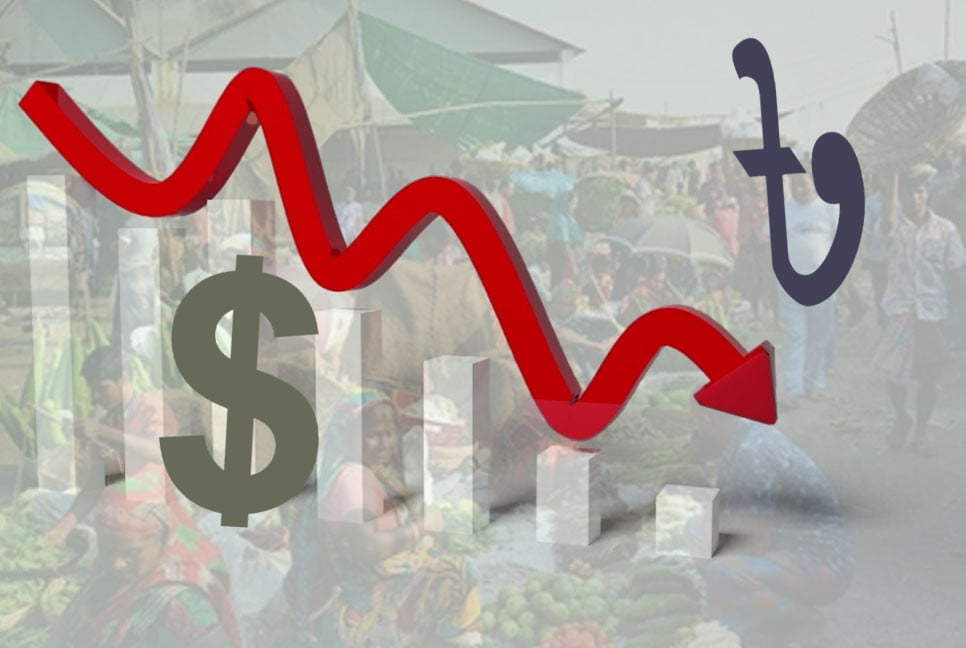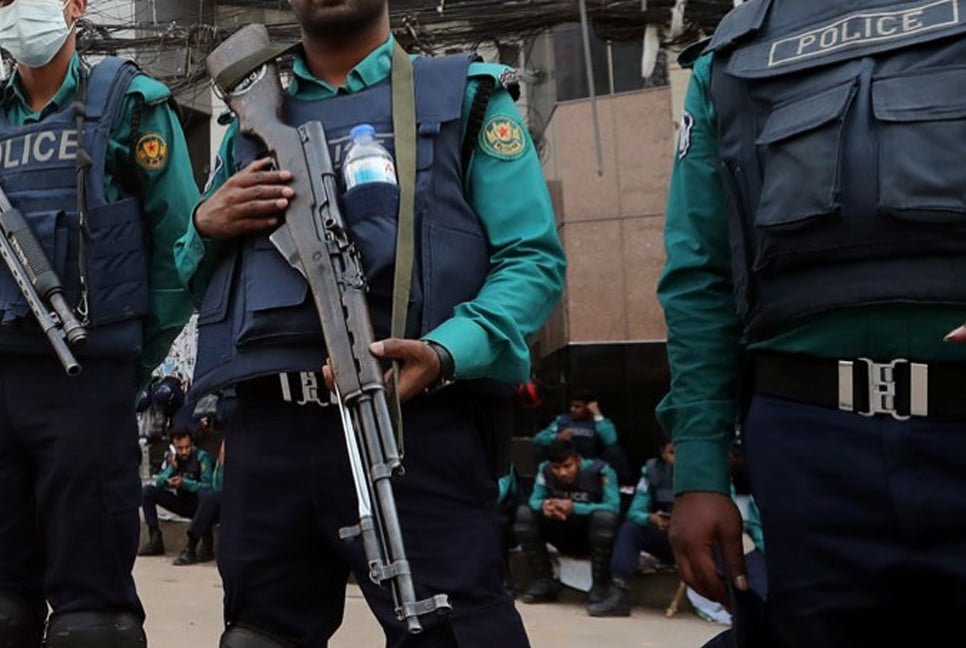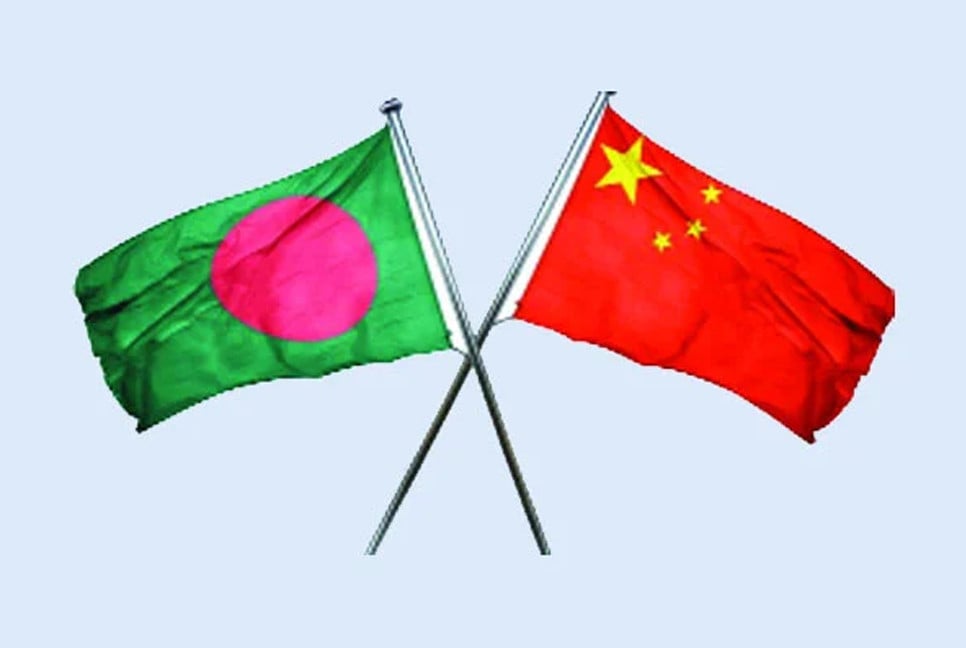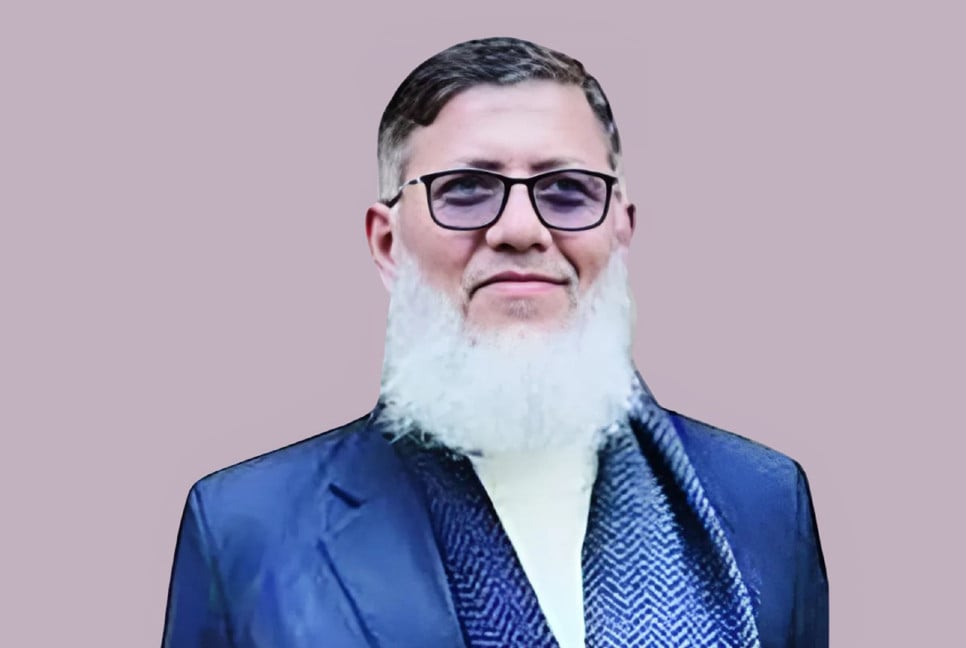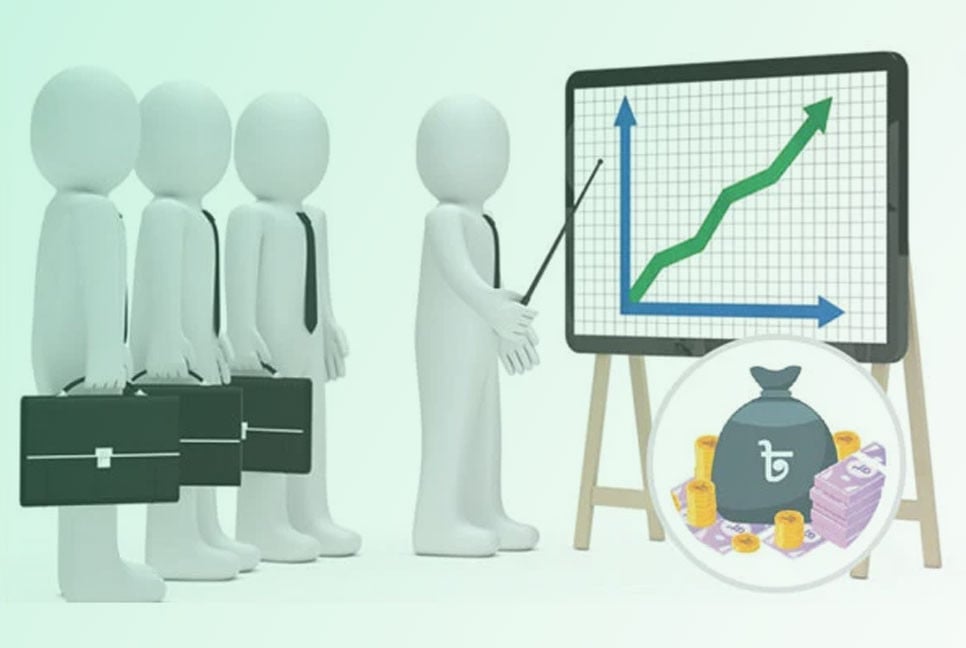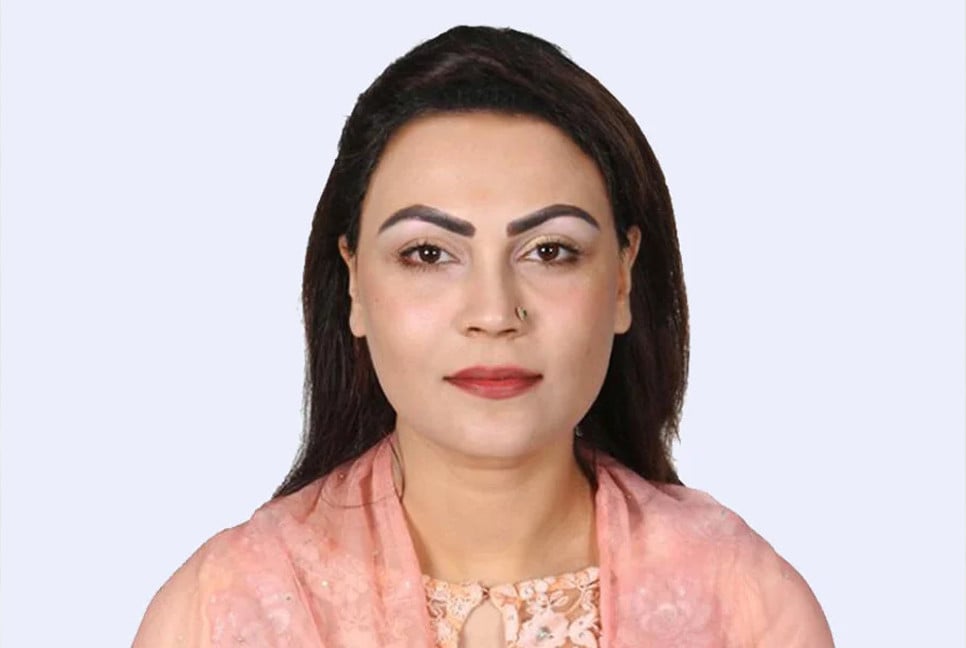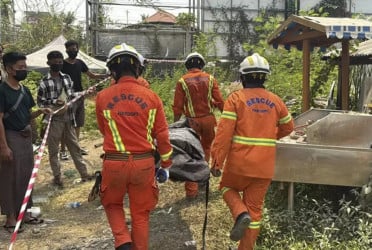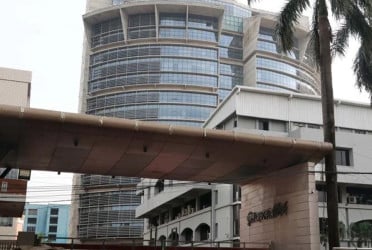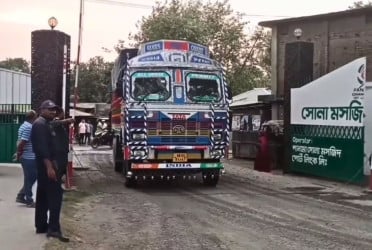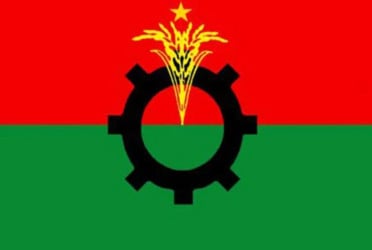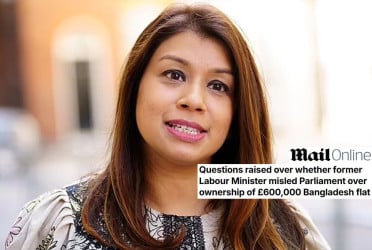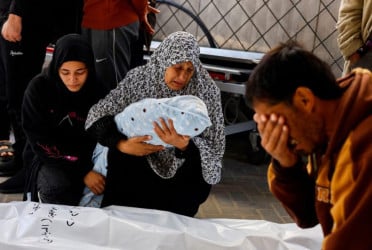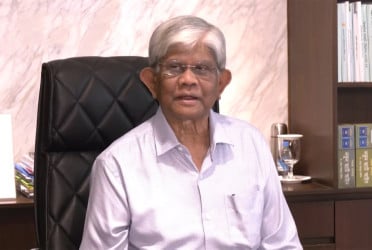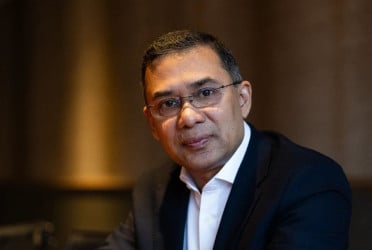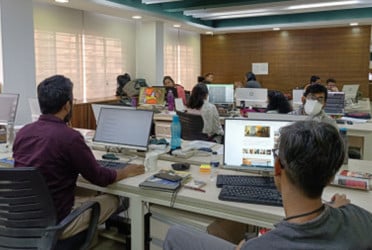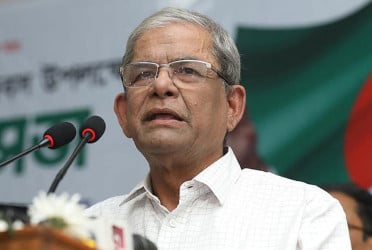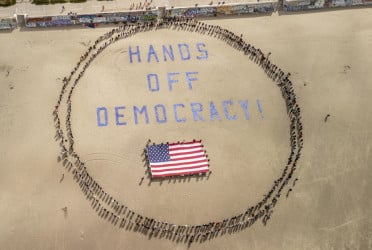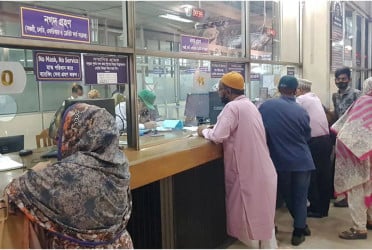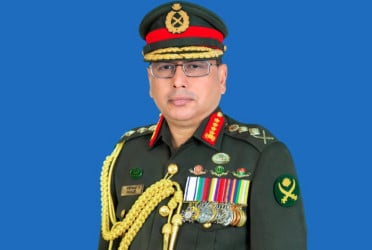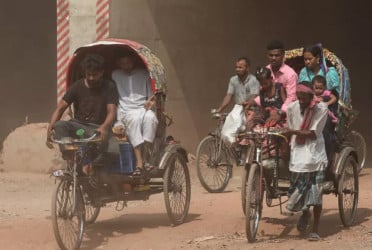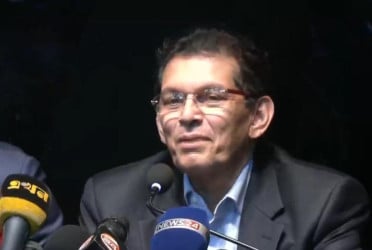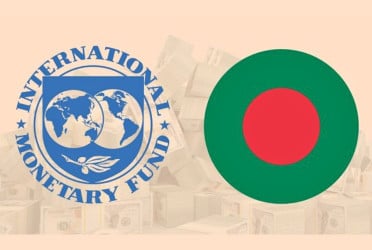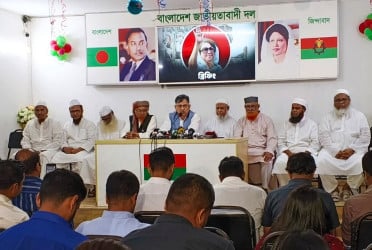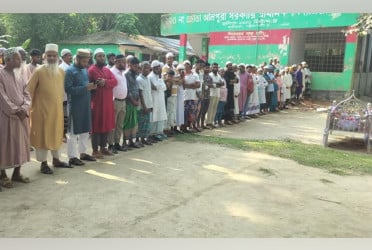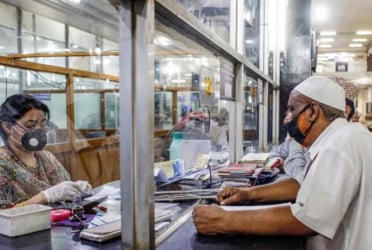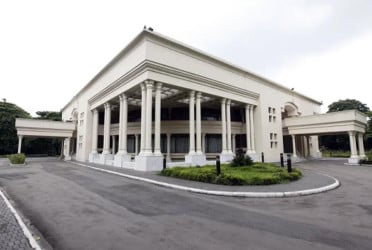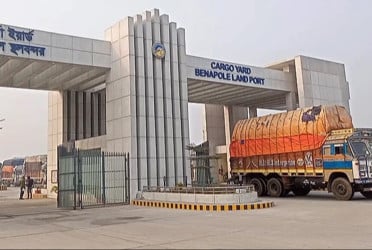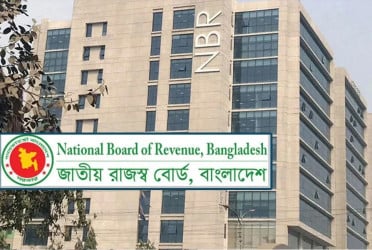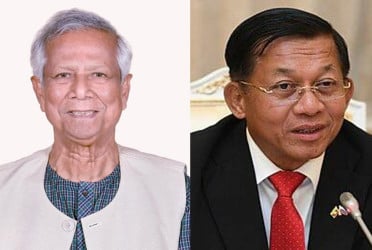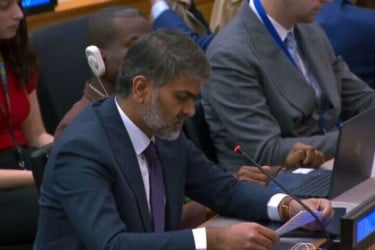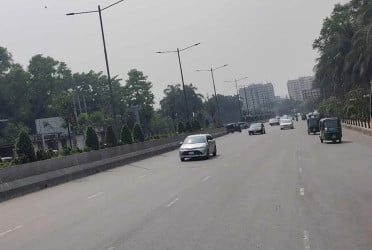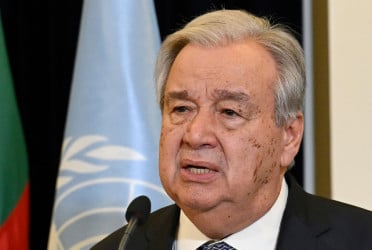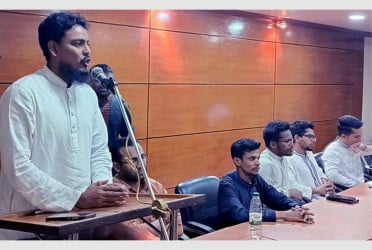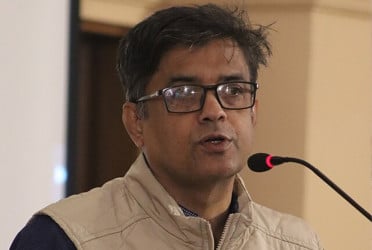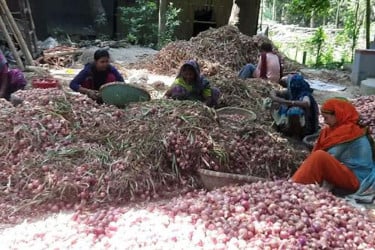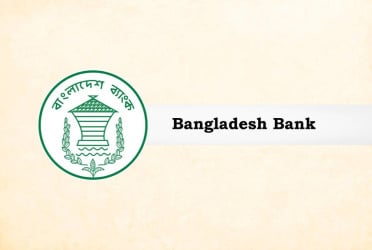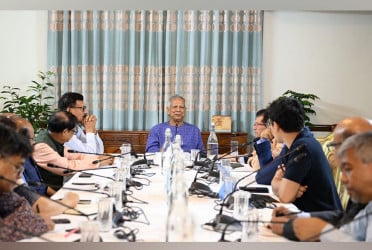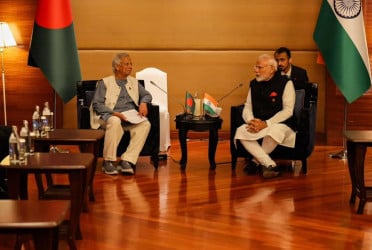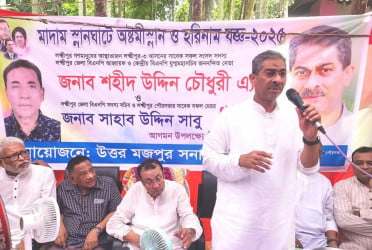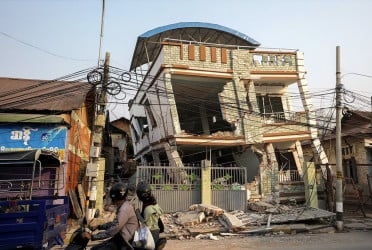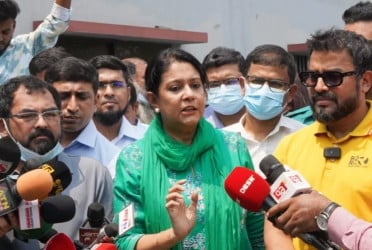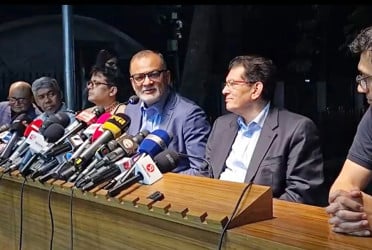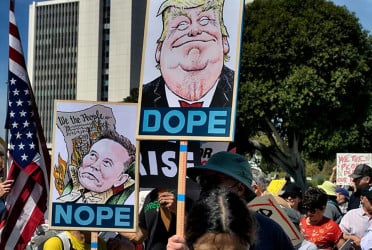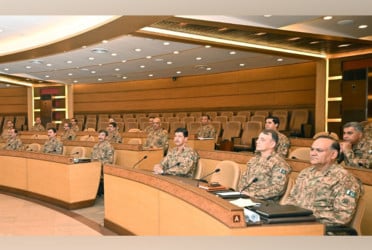From business leaders to ordinary citizens, everyone in Bangladesh is feeling the weight of an escalating crisis. As Abu Ahmed, a former professor at Dhaka University, put it, “There is no good news for the common people. Only desperation is growing.”
More than five and a half months have passed since the interim government took power following the fall of Sheikh Hasina’s administration on August 5. Initially, many citizens held high hopes that the new government would end the 15-year period of deprivation. Yet, as time goes on, their suffering deepens, and the void of hope is being filled with despair.
Despite the leadership change, inflation remains unchecked. In December, food inflation soared to 12.92%, while overall inflation reached 10.89%. These high rates are taking a heavy toll on people with fixed incomes. In an effort to meet the IMF’s demands, the government has raised taxes on hundreds of products and services, including essential goods like food, cooking gas, and mobile services. These increases are hitting middle- and lower-income families hard, further squeezing their already limited budgets.
The business community is also suffering. The rising cost of imports, along with a fluctuating dollar and the government's increased duties, is crippling traders, many of whom cannot open letters of credit (LCs). Exports have not increased as expected, and private investment is almost nonexistent. Development projects and construction activities have ground to a halt, leaving industries such as rod and cement trading in distress. Small and medium enterprises (SMEs) and women entrepreneurs are receiving little to no support, and many factories have closed, driving up unemployment.
The root of the problem, according to analysts, lies in the lack of coordination between the government's monetary policies, fiscal strategies, and market management. Decisions must be made with the real needs of the people in mind, they argue, rather than simply adhering to the demands of external actors like the IMF.
The consequences of the economic downturn are rippling through every facet of society. Violent crime, including theft, robbery, and shootings, has risen sharply, leaving citizens feeling unsafe. Social life is plagued by insecurity, with people no longer guaranteed safety in their own neighborhoods. Public trust in the government and institutions continues to erode, as the law and order situation remains volatile.
The banking sector, in particular, is in disorder. Several banks are struggling to regain public trust after scandals and financial instability. Depositors remain uncertain about whether they will get their money back, which only adds to the sense of chaos. Meanwhile, educational and healthcare services are faltering—students are missing textbooks at the start of the new academic year, and many people are unable to receive necessary medical care due to a collapsing health system.
Economists and experts like Abu Ahmed, a former professor of the University of Dhaka, are calling for immediate changes to stem the crisis. Ahmed criticizes the government for raising taxes instead of broadening the tax base, arguing that this approach stifles investment and hampers economic growth. He also warns against adhering to IMF prescriptions, which he believes do not suit the unique challenges faced by countries like Bangladesh.
To revitalize the economy, Ahmed suggests encouraging business activity, lowering interest rates, and reducing the size of government by merging or eliminating unnecessary ministries and departments. “The private sector must be closely integrated into government efforts to alleviate the suffering of ordinary people,” he said.
The country’s future remains uncertain. As the economy stagnates and public services crumble, the gap between the government and the people grows ever wider. Desperation, rather than hope, now defines the mood of the nation.
With rising inflation, unchecked crime, and increasing public distrust in government institutions, Bangladesh urgently needs reform and leadership that can rebuild public trust and guide the country out of its worsening crisis. Without meaningful action, the situation is likely to deteriorate further, leaving the nation in a state of prolonged instability.
Translated by Jisan Al Jubair
Bd-pratidin English

